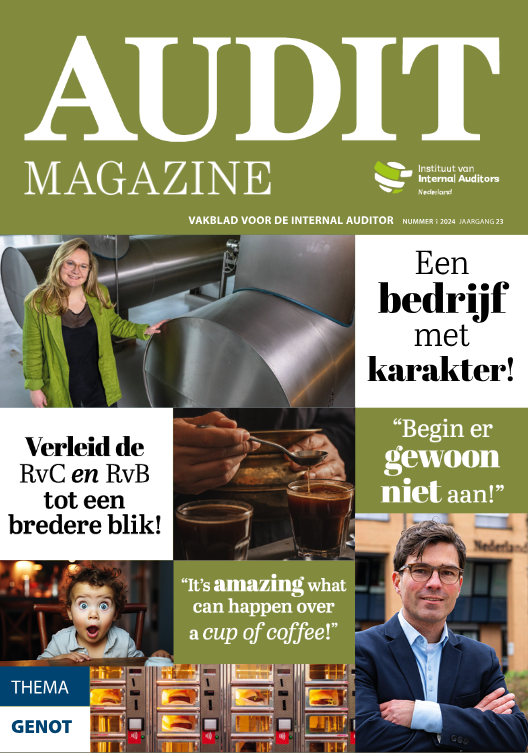17-03-2016CBOK Report: Competencies of today’s Internal Audit leaders | ||
What are those skills? What sort of education, experience, and certifications tend to lead to the CAE position? Organizations want to know so they can identify and groom their next internal audit leaders. Internal auditors who aspire to be CAEs also want to know so they can carefully shape their career paths with the desired target in mind. The CBOK 2015 Global Internal Audit Practitioner Survey addresses many of these questions. Data was gathered on the demographic characteristics of CAEs worldwide and interviews were conducted with global CAEs to identify the types of skills that tend to facilitate a move into the CAE position. The data shows that the CAEs surveyed are predominantly males between the ages of 40 and 49. They have obtained at least a bachelor’s degree, most likely with a major in accounting. They have spent about 13 years in internal audit, seven of them in the CAE position. Most have an internal audit certification, likely a Certified Internal Auditor (CIA) credential. Of course, those characteristics vary based on geographic region and organization type and size. For example, CAEs in North America tend to be older than CAEs from other regions and more likely to have obtained the CIA certification. In addition to examining current demographic differences, this report takes a look back in time, comparing data from prior CBOK surveys to the 2015 results to uncover meaningful trends. For example, the percentage of CAEs with an internal audit certification has increased significantly from the 41% reported in 2006 to 53% in 2015. While education, experience, and certifications are important, they alone are not sufficient to propel someone to the CAE ranks. Personal skills and attributes are also evaluated by organizations seeking to appoint a CAE. This report discusses those soft skills by relaying insights gathered through interviews with a number of global CAEs. These leaders share some of the characteristics and skills they believe are must-haves for aspiring CAEs. Download CAE Career Paths Characteristics and Competencies of Today’s Internal Audit Leaders |
17-03-2016







